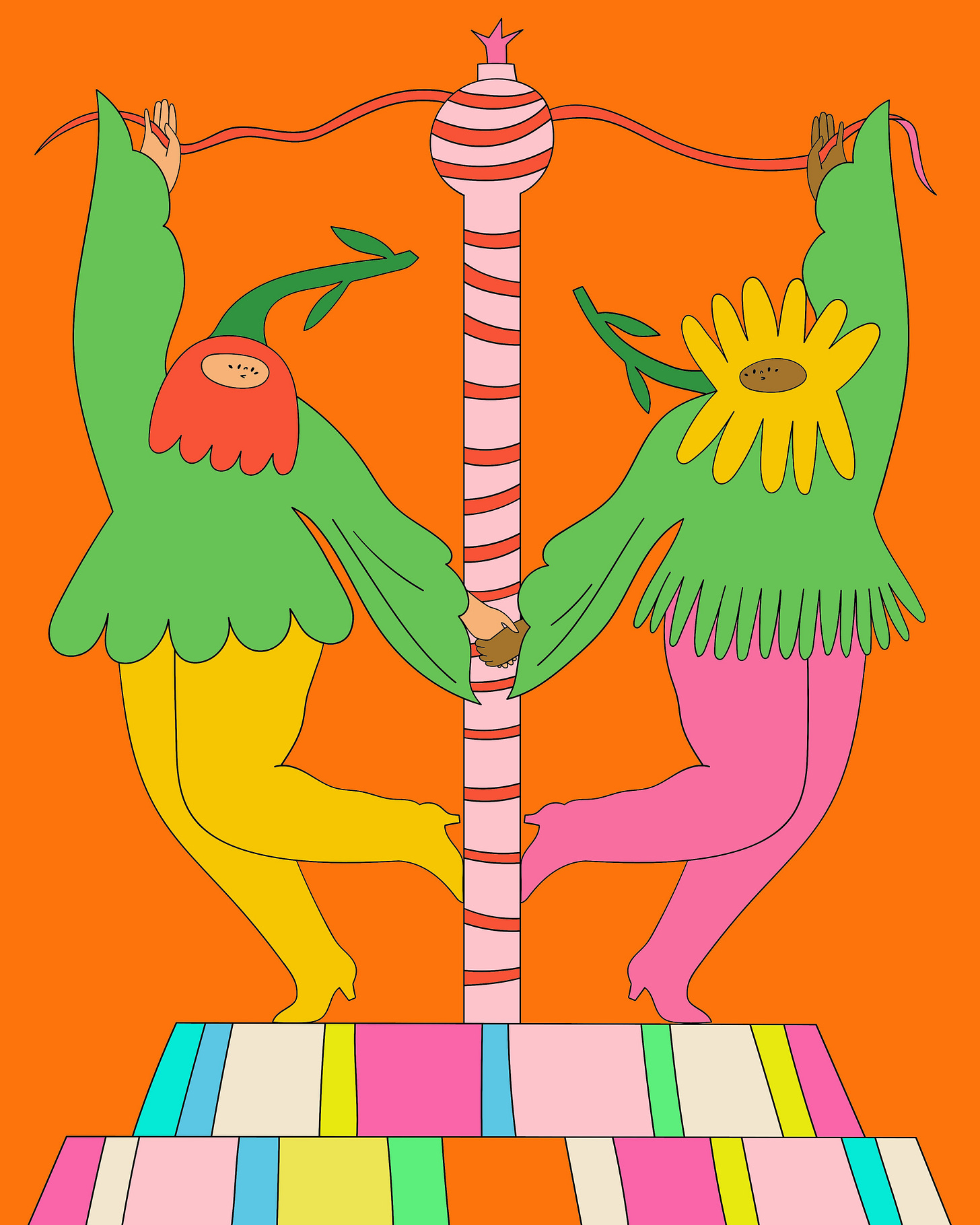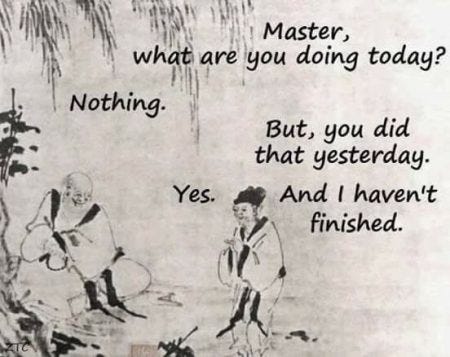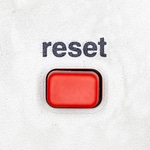This is the third post in my series on meditation and ADHD. The other posts are: The Inner Experience of (my) ADHD and Gradual Transitions.
Hey friends.
On Tuesday I presented to Canadian university students as part of the “Empowering Neurodiversity” series, hosted by the University of Alberta. Video of the talk has already been posted online – check it out here if you’re curious.
It was a hilarious experience, at least for me. As always when I try to discuss ADHD, my own ADHD immediately exploded in bizarre sympathetic resonance, so that I felt comically unable to articulate what I imagined was important about the subject.
So that happened, along with a few moments of panic when I realized my short-term memory had already cleared its (tiny) cache.
Fortunately, it didn’t seem to matter. I always think people want information. But in this case, given my subject, what turned out to be more important was simply owning my ADHD and laughing about it. I got to model how to be scattered and spontaneous while also self-regulating (sort of). I let myself leap around and do karate kicks and pat myself on the head like a horsey (always an important part of communicating the benefits of mindfulness). And at the same time, I was able to internally track when my excitability was shooting me up too high too fast, and then back off from those energies in order to reconnect with the students and what I was actually there to do.
This is one way that mindfulness can support ADHDers in particular, neurodivergent folks more broadly, and all humans most broadly. It’s not about getting better at concentrating, at least not initially. That will be hard for many ADHDers, whose brains are especially wired to bolt and surge. Instead, the focus of mindfulness is accepting how we already are, and noticing where our attention goes. It’s noticing how our own fixations in the moment can dysregulate us. Then, from this place … guess what? We do get better at paying attention, at least to a degree. Because it turns out a big part of what’s dysregulating us in the first place isn’t our core condition. It's the secondary loops of agonizing about our condition.
Mindfulness helps us come back, should we want to. We may not.
This is also important! Despite the well-known denunciations of mind-wandering, this thrilling capacity is obviously central to being human. It’s also fun. I happen to like being turned on by novelty, and soaring through a reverie, and hyper-focussing on my special interest (consciousness!). I like being present in the world as it is, and I like imagining a better world. Fucked if I’m going to give that up.
These different forms of wandering are enlivening for my ADHD brain. They’re big part of both my identity and my creativity. Which doesn’t mean that same capacity can’t lead me into useless rumination or emotional freak-out or temporary infatuation with some triviality. It can and it does. I need both the wandering and the coming home. Maybe you do, too.
In this guided meditation, we play both sides. We switch-hit! Attentional swingers! We deliberately wander waaaaaayyyy out … and we deliberately wander back. We see if we can notice when the wandering sneaks up on us – and where it takes us – and then we decide for our own damn selves whether we want to head back, or stay and enjoy the illicit daydreamy view.
In the moment, this intentional redirection of attention can help break up the cycle of stress. Over months and years, it can give us back our lives. And that’s good for everyone, ADHD or not.
So let’s swiiiiiiing!
Jeff
PS - If you’re interested in listening to my other neurodiversity-affirming meditations, you can find them here.
PPS - I’m in the early stages of developing a meditation retreat specifically for ADHD folks. Let me know in the comments if that’s something you’d be into.
Online Event: The Subtle Art of Not Doing Anything
March 20, 2025, 7:00pm - 8:30pm ET
New York Insight - Online
Join me for an evening hosted by the good people at New York Insight, who gave me this instruction: “Begin your program description by addressing a core challenge or problem that your target audience is facing.”
Allow me then, to begin this program description by addressing a core problem that my target audience is facing: Life.
Life is hard! So much happening, so many people doing important things, and completely idiotic things (especially those). This 90 minutes will not be about any of that.
11 Realistic Meditation Tips for People With ADHD
Carolyn Todd interviewed me for this piece at Self magazine, and just sent me the link. I love reading what other ADHD meditation teachers have to say about how the practice can help. A fine article and a solid resource - thank you Carolyn!















